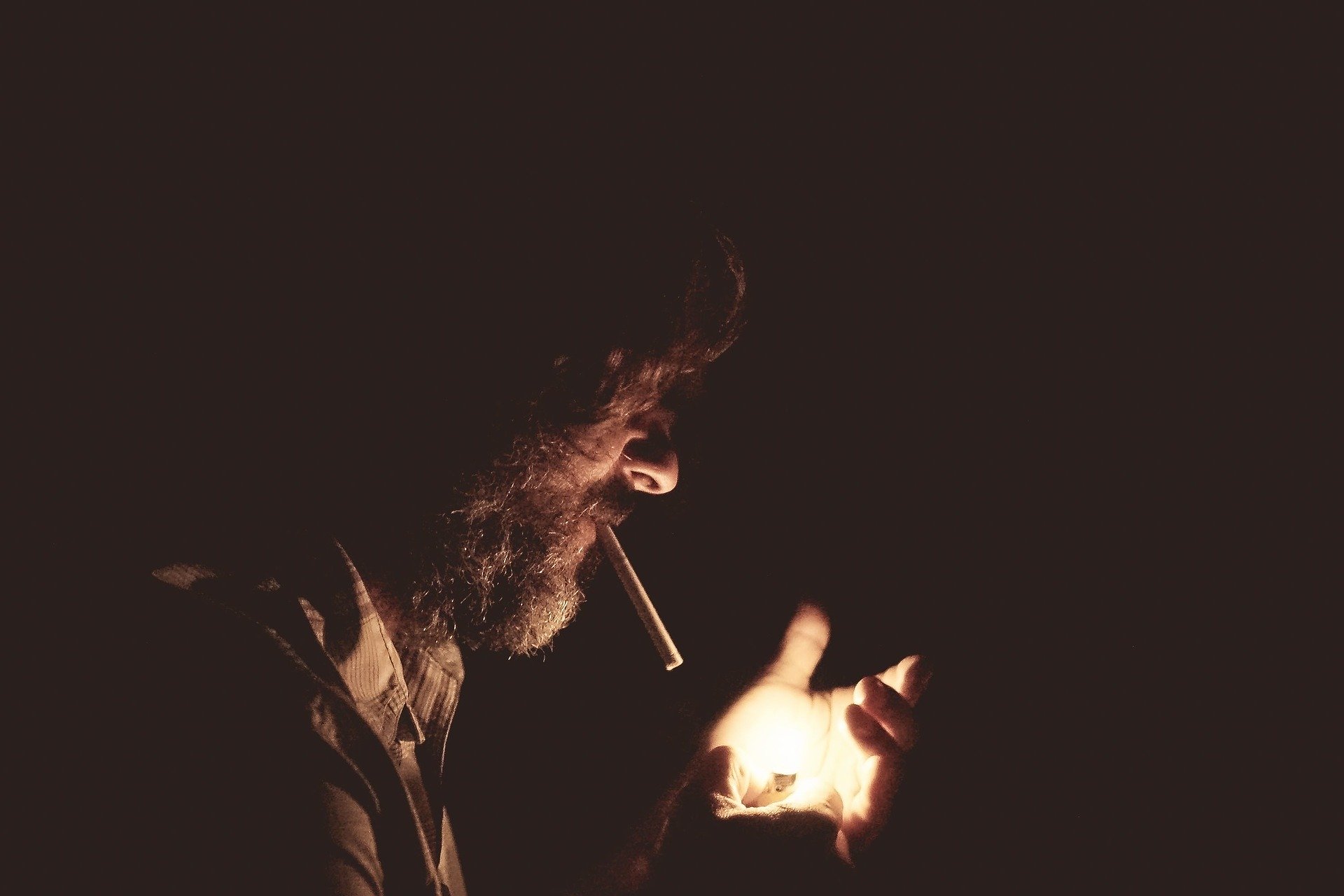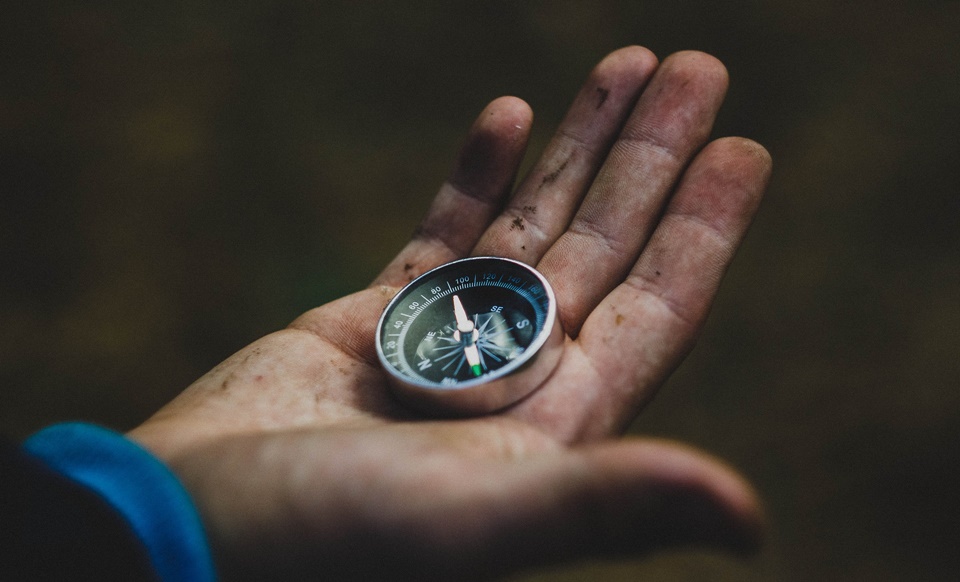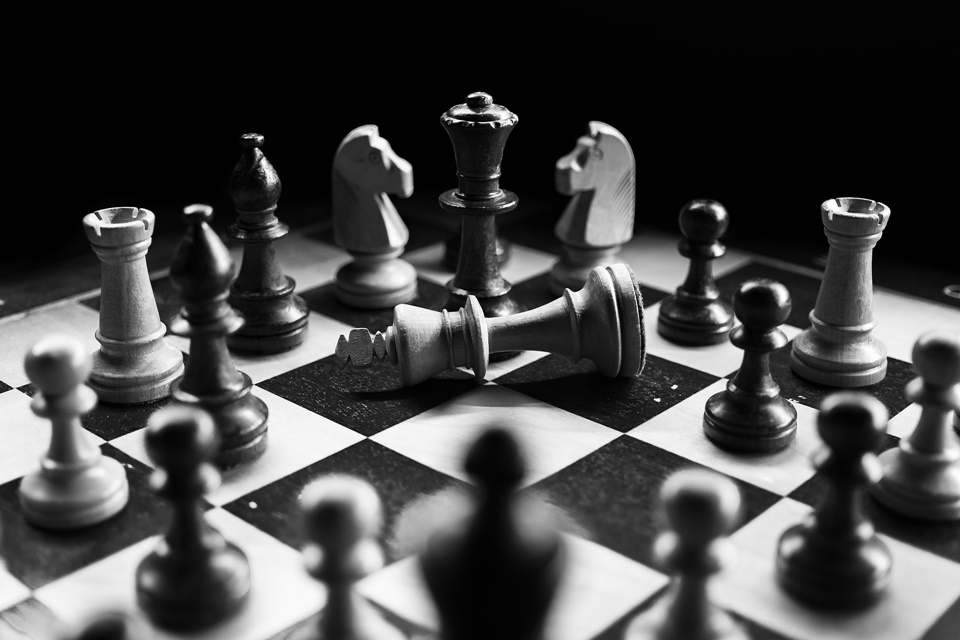
The world has evolved to a point where, in many developed societies, people have a surplus of resources, such as time, money, energy, etc. It has become a cultural norm to spend this surplus on various social activities. This gives us a sense of well-being, abundance and enjoyment of our lives as human beings. Parties and celebrations are seen as a necessity for our social identity.
This symbol of pleasure has been created with a price that we usually don’t notice or simply forget. It has created a split between the activities that are expected to be enjoyable and those that are not. Even more, the pleasure is now expected to come easily or with little effort. We accomplished this by distributing our duties and it worked well for the physical ones, but when it comes to the social part, it is far from perfect.
We are expecting our casual social interactions to bring us enjoyment with little or no effort required. This expectation can sometimes be hard to meet. When we take the responsibility of organizing or moderating such social gatherings, we find ourselves in an uncomfortable situation, trying to satisfy various preferences of other people. Can we see the toxicity of having expectations without personal involvement?
Many of us are under the impression that our physical presence in a social gathering is enough to create the enjoyment we are seeking. We prefer to consider ourselves introverts or without ideas and to delegate this responsibility to an organizer or to some more extroverted or funny peers. Would it be too hard for us to acknowledge that we all share the responsibility of our well-being? Are we even aware of this issue? Or are we too attached to the status quo?
We can start by releasing ourselves from the self-imposed pressure and anxiety of failing to meet the expectations of our peers. It requires a great deal of courage to ask for new and healthier kinds of social interactions. When we try to do this, we will notice that, firstly, it requires several attempts to get it right, and secondly, it can bring a much greater satisfaction for everyone involved. In time, we can reshape the whole structure of our society in a way that our parties and celebrations are not just enjoyable, but also purposeful.
The more socially intelligent you are, the happier and more robust and more enjoyable your relationships will be.
— Daniel Goleman









